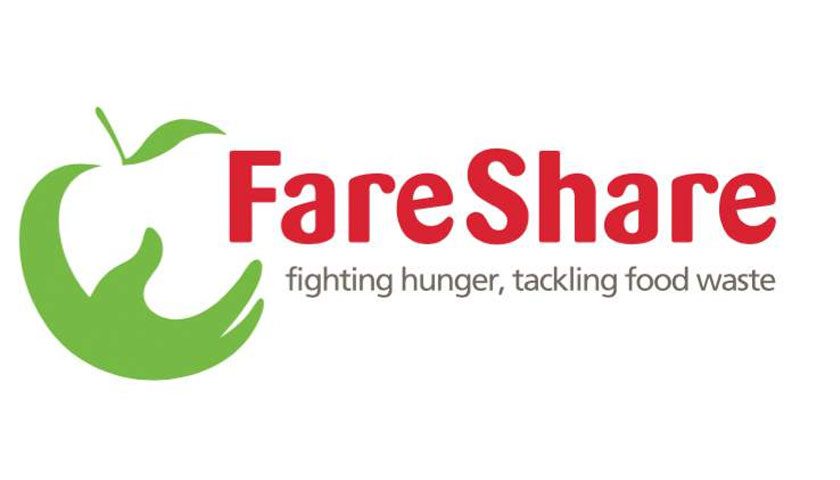Nestlé Professional’s research revealed that 22% of UK consumers plan to eat more plant-based meat alternatives, and 19% more plant-based dairy in the coming months.
As well as increasing consumption of these less traditional plant-based foods, vegetables and legumes are in ascendency, with 39% and 24% of consumers looking to up their intake of these.
With health and wellbeing traditionally front of mind for many consumers at the start of the New Year, Nestlé Professional, who works with caterers and food service industry, has released these key findings about the latest trends in plant-based eating to help food operators plan their 2022 menus.
Sustainable eating is a big opportunity for restaurants, pubs and other food operators
In addition to learning about attitudes towards diet, Nestlé Professional surveyed changing consumer awareness of sustainable food and sustainable eating.
Sustainability was defined as the production of food and drinks using techniques that protect the environment, public health, human communities, and animal welfare in a way that generates abundance while ensuring future generations can do the same.
Findings revealed that more than three quarters of consumers (78%) equate sustainable food choices with their own personal health and wellbeing. And with 71% saying they would be likely to choose sustainable options if available, this presents a big opportunity for food operators to adapt – to meet consumer needs while making a lasting impact on the environment.
How to make sustainable eating more appealing for customers
Sustainable diets were defined as diets with low environmental impact that contribute to food and nutritional security and to healthy lives for present and future generations.
Eating out, most consumers are conscious about choosing sustainable dishes, with 58% choosing plant-based or vegetarian options: sometimes, often, or always. They could be persuaded to eat more plant-based, however, if presented with dishes with improved flavour and texture (30%), greater variety (23%), and plant-based alternatives to popular meat dishes (20%). And a quarter (25%) would like extra encouragement, in the form of free samples or taste testing events.
For food operators, this translates into an opportunity to get creative in the kitchen and rework classics with meat alternatives. This is while promoting healthy and sustainable meal choices through events and samples of plant-rich dishes.
What foods to add to the menu and stay ahead of the latest plant-based diet trends?
Katya Simmons, Managing Director, Nestlé Professional UK and Ireland says:
“With Veganuary kicking in at the start of the year, it’s likely that food operators have already been considering what they offer the growing ranks of vegans, vegetarians and flexitarians. These figures indicate a clear opportunity to provide delicious, plant-based meals that offer greater choice for consumers wanting to eat more healthily and sustainably too.
“No doubt food operators are already looking at their carbon footprint and ways in which they can reduce this across their operations. This represents a win-win: giving consumers the healthy, sustainable dishes they demand, while decreasing carbon emissions.
“The growth in demand for plant-based products is being driven by two powerful trends: health and concern for the planet. Our Garden Gourmet range is an excellent source of fibre and protein*, contributing to a balanced diet and healthy lifestyle, and as part of our commitment to building a sustainable brand, is on track to become carbon neutral in 2022.
“Now it’s up to food operators to give consumers that extra nudge – through greater innovation, and encouragement to try something different. It’s good for business, it’s good for the customer, and it’s vital for the planet!”
Nestlé Professional offers its clients plant-based alternatives under the Garden Gourmet brand, which includes a vegan range of Sensational burgers, meat-style balls and mince among others. All Garden Gourmet recipes are developed to meet defined criteria including servings being under 600kcal, with 1-2 serves of vegetables, high in protein and a source of fibre. Garden Gourmet range also meets UK salt targets for Out of Home.
*Protein contributes to the maintenance of muscle mass


